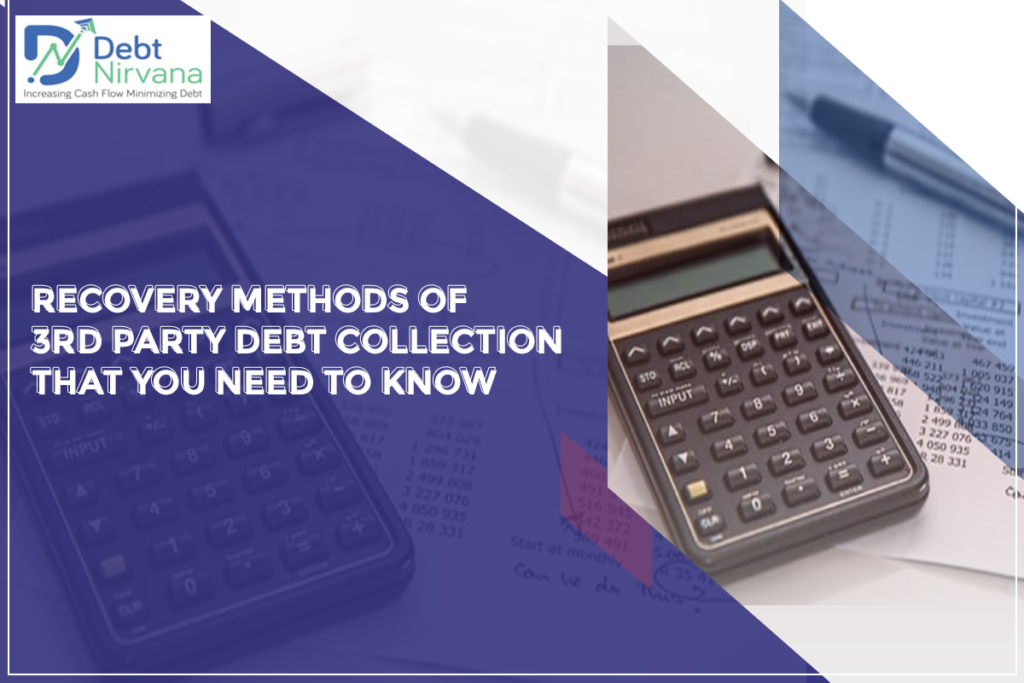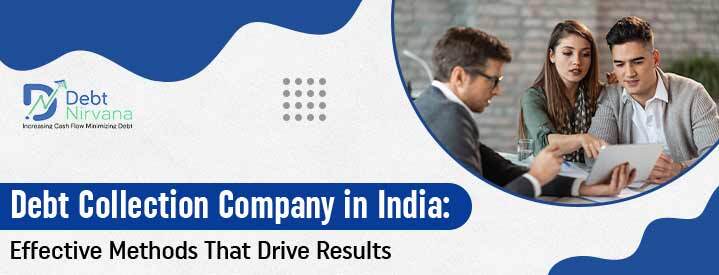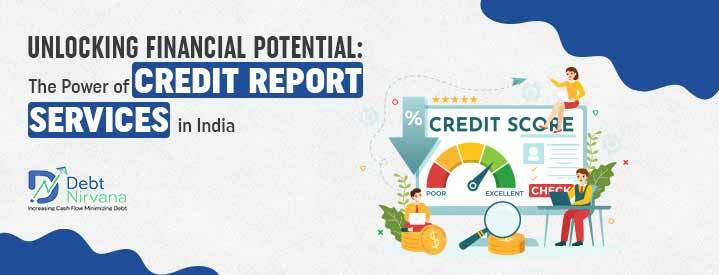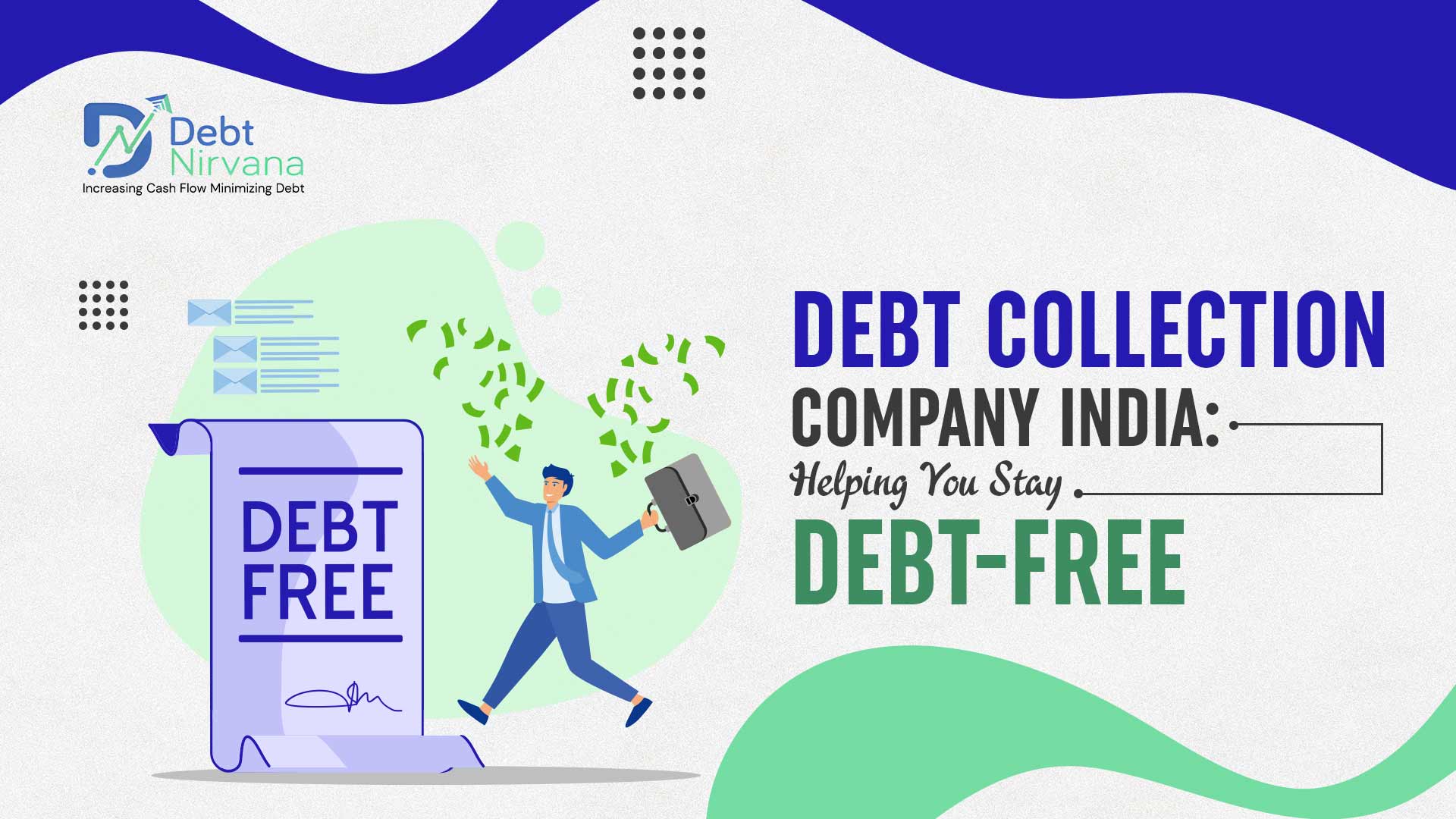
Recovery Methods of 3rd Party Debt Collection That You Need To Know
The collection of bad debts refers to the process of the default payment and full recovery of past debt, which are characterized by the creditor as undocumented. It is described as an attempt by the original creditor to secure full payment from the debtor.
Debt collection can be done through a licensed DCA (debt collection agency) or through a financial subdivision in a creditor corporation. Debt collection is considered an income and potential benefit for the creditor. The same applies when the lender sells its “charge off” debt. Here the original creditor can choose to sell its default profile to various debt buyers and receive a fraction of the debt amount.
The default collection process involves various and sophisticated strategies that have been specifically developed to collect outstanding payments, ensuring the recovery of legal and ethical debts. Debt collection can be done by the first party, third party DCA, or debt buyers. The first party debt collection is done in the creditor’s company.
The 3rd party debt collection is private debt collection organization that acts on behalf of the original creditor. Debt buyers can also recover bad debts but on behalf of their company as they aim to purchase a default profile from the original creditor. The debt buyer pays a percentage of the outstanding balance on the original payer. They can then start the collection process or resell the criminal profile to another small debt buyer.
Recovery methods of 3rd party debt collection
Bad debt collection agencies use various methods for a successful recovery and to contact debtors. After tracking the subject of the loan, DC continues to contact the customer using multichannel communication and begins chasing late payments. Prior to the legal process, all services are called pre-legal action, also known as pre-action proceedings. This entire process is aimed at resolving debts without interfering with legal or court proceedings.
After pre-legal proceedings, the legal process will follow and then – court action. Legal proceedings involve the recruitment of professional debt collection lawyers and attorneys. They can forcibly confiscate debtor’s goods/property or offer various payment schemes, including an optional voluntary arrangement (IVA) for personal loans and a commercial debt company voluntary arrangement (CVA). IVA is used if the debtor (a person or a business) does not have enough money to dispose of the entire debt amount.
Both the creditor and the debtor can benefit from such an agreement, as it legally represents a legal agreement and also provides greater protection for the lender and the subject of the loan. It is also used when the debtor wants to avoid bankruptcy. Individual voluntary arrangements and CVAS are used in the UK and Wales, Scotland, and Ireland.
The second default collection approach is sending letters and letters of official legal demand prior to method action from the bad debt collection agency. They usually seek to inform the debtor that if he does not dispose of the outstanding balance by a certain date, court action will be taken. Such letters include the debtor’s late payment and the total amount of debt received from all additional costs and fees.
Court proceedings include court proceedings related to various petty claims. In bad debt recovery court proceedings, the case is usually transferred from DCA to legal court. The debtor will then be contacted by representatives of the court. He will also receive an official letter, which includes a specific date for the officer to appear in court and file his defense.
Validity and authenticity of bad debt collection
Bad debt collection complies with various state and country laws, which determine DCA accreditation and regulate their actions. Various works control the behavior of debt collection agencies, such as FDCPA-US. Fair Debt Collection Practices Act, UK FAT – Fair Trading Office Fees for the UK. The Code of Civil Procedure, known as the “Civil Procedure for Civil Procedure”, and the Tribunal for Commercial Affairs, are both valid for Germany; Alabama Collection Laws; Aerial storage; European Order for Payment Procedures; Late payment of the Commercial Debt Act for commercial debtors, etc.
There are also legal issues, which govern the actions of recovery companies and determine when a collection agency is deemed to have received a license to operate. According to the FDCPA, the Fair Debt Collection Act does not recognize an organization that collects its debts in the name of the same company as a legal debt collection agency. However, it can legally collect its own debts but the debtor is not allowed to recover collection fees or interest. The GSA region (Germany, Switzerland, ND, Austria) and the UK, Scotland, Northern Ireland, etc. are legally identical.
Debt Nirvana is the prominent 3rd party debt collection agency based in the UK. The agency deals with all legal aspects while recovering bad debts.




